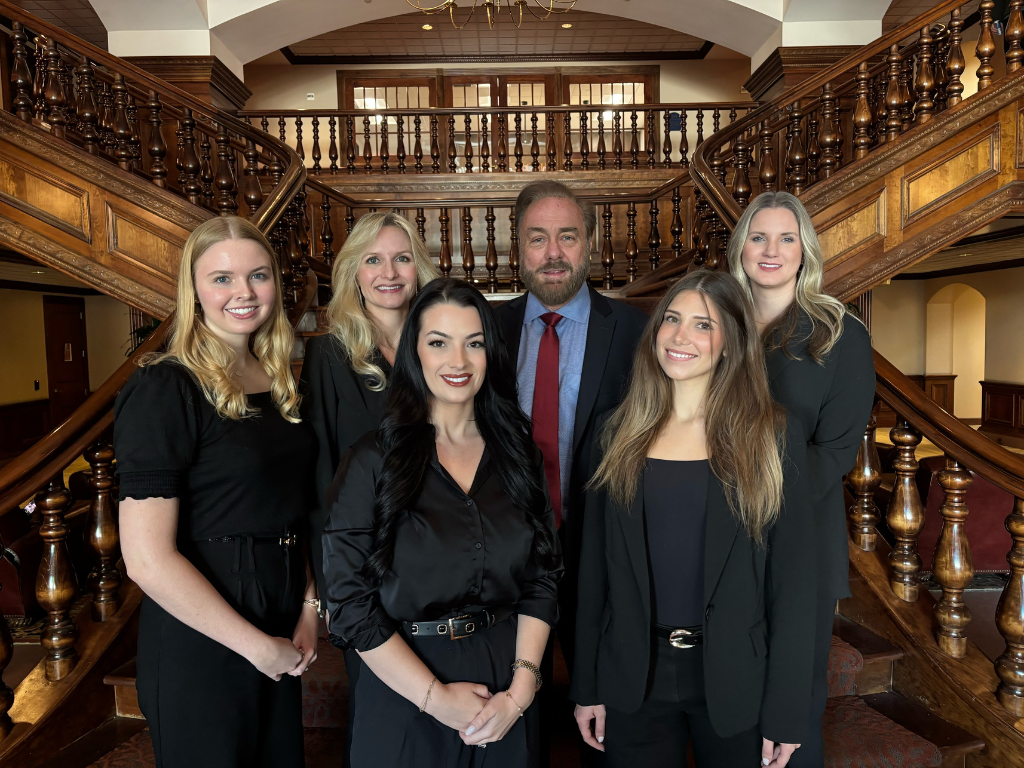It is improper for a Bankruptcy attorney to engage in a 20-20 hindsight analysis when trying to find liability for a company officer’s actions. The 9th Circuit has plainly pronounced that “hindsight is the wrong metric for evaluating fiduciary duty.” Tibble v. Edison Intern., 729 F.3d 1110, 1136 (9th Cir. 2013); see also F.D.I.C. v. Castetter, 184 F.3d 1040, 1044 (9th Cir. 1999) (“Thegeneral purpose of the business judgment rule is to afford directors broad discretion in making [business] decisions and to allow the decisions to be made without judicial second guessing in hindsight”); In re Bal Harbour Club, Inc., 316 F.3d 1192, 1195 (11th Cir. 2003) (“the [rule] may be viewed as a method of preventing a factfinder, in hindsight, from second guessing the decisions of directors.”) (citing F.D.I.C. v. Stahl, 89 F.3d 1510, 1517 (11th Cir. 1996).
The purpose behind the business judgment rule is to afford company officers discretion in business decisions without second-guessing by the courts. In re Bal Harbour Club, Inc., 316 F.3d at 1194 (“‘[t]he [business judgment rule] is a policy of judicial restraint born of the recognition that directors are, in most cases, more qualified to make business decisions than are judges.’”) (citing International Ins. Co. v. Johns, 874 F.2d 1447, 1458 n. 20 (11th Cir.1989)). Therefore, absent abuse of discretion, fraud, bad-faith, or illegality, bankruptcy attorneys should not engage in 20-20 hindsight analysis when determining the liability of officer decisions. In re Bal Harbour Club, Inc., 316 F.3d at 1195 (“[u]nder the business judgment rule, courts presume that directors have acted in good faith. A court will not call upon a director to account for his action in the absence of a showing of abuse of discretion, fraud, bad faith, or illegality.”).
Arizona Bankruptcy Attorney
Contact Us
